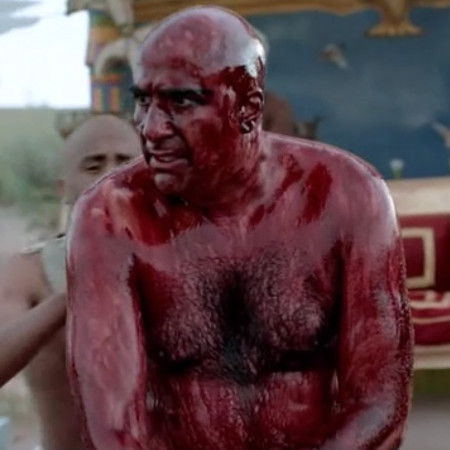The Ten Plagues are a powerful example of God bending man’s will to his own. We could talk about the power that God displayed in these ten plagues, but I want to look at the obduracy. A persistent wrong doing is the thought behind obduracy. Every time that Moses went to speak with Pharaoh he asked that God’s people be set free. Every time Pharaoh said no way. Every time, that is, except the last time…
We won’t actually spend very much time on the tenth plague. The focus for our discussion on obduracy need to be on plague number six. The Scripture is clear on Pharaoh’s reaction every time Moses comes into his court following the most recent plague.
- Pharaoh’s heart became hard (Ex 7:22)
- he hardened his heart (Ex 8:15)
- Pharaoh’s heart was hard and he would not listen (Ex 8:19)
- Pharaoh hardened his heart (Ex 8:32)
- his heart was unyielding (Ex 9:6)
- But the Lord hardened Pharaoh’s heart (Ex 9:12)
- So Pharaoh’s heart was hard (Ex 9:35)
- But the Lord hardened Pharaoh’s heart (Ex 10:20)
- But the Lord hardened Pharaoh’s heart (Ex 10:27)
- but the Lord hardened Pharaoh’s heart (Ex 11:10)
The difference starts at plague number six. Pharaoh hardened his heart over and over again until God was done with him. Then God hardened Pharaoh’s heart. You can say that is not fair, but if someone repeatedly refuses to listen to God’s warning, God can cut a person’s time of grace short.
It’s important to note that no one has that information. This is inside baseball so-to-speak. Our job, as long as anyone is willing to listen, is to share the good news of Jesus. The judgment upon the sin of obduracy is best left to God alone.
Want to hear more, including a discussion about how God treated his people differently from the Egyptians? Watch this week’s Bible study from our series The Bible: The Ten Plagues.
Please click HERE for the study guide.
Please click HERE to watch the rest of the lessons from The Bible as shown by the History Channel.


